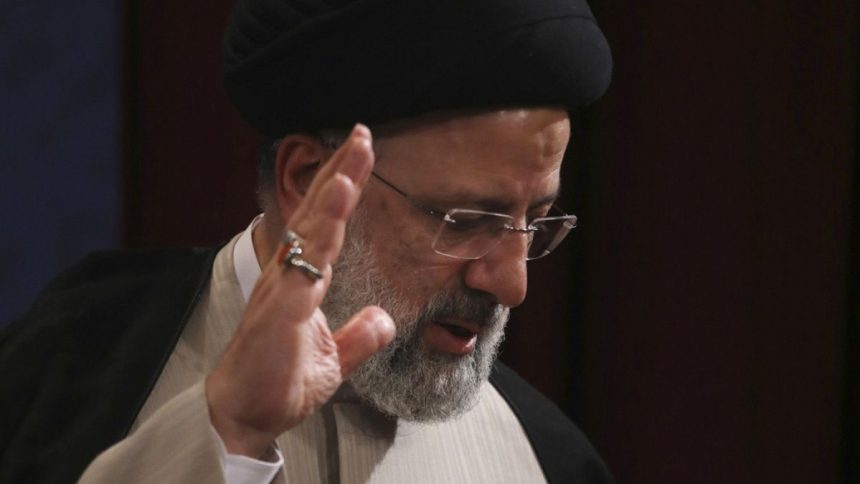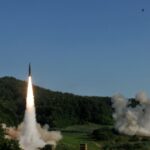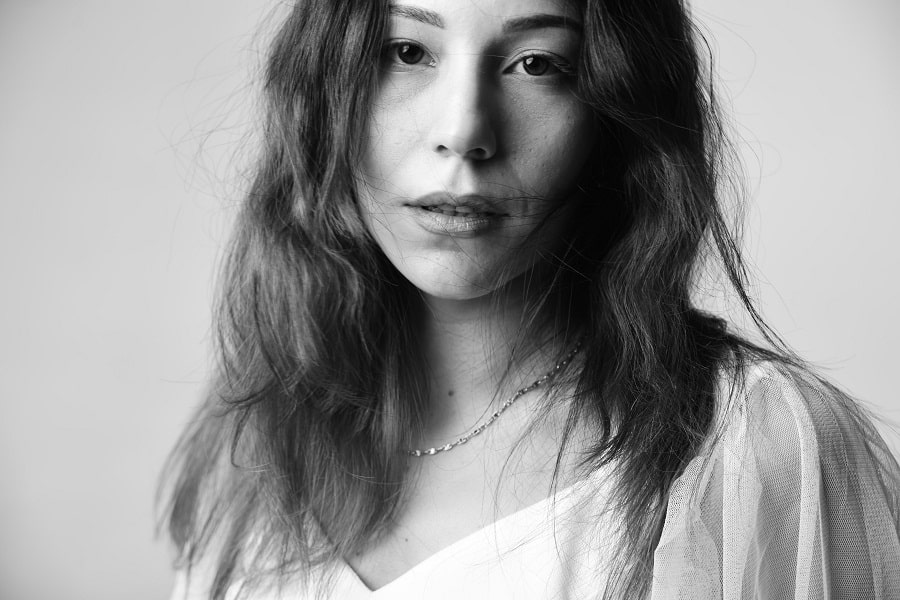The so-called “Butcher of Tehran” has died.
Iranian president Ebrahim Raisi, the country’s foreign minister and several other officials were killed after their helicopter crashed in northern Iran on Sunday.
He was 63.
The hardliner was there during many major domestic and international events shaping Iran’s recent history.
He helped oversee the mass executions of thousands in 1988 and later presided over a brutal crackdown on anti-government protests at home.
Abroad, the cleric-turned-politician pushed a tough stance in nuclear talks with Western states as Iran enriched uranium near weapons-grade levels and launched an unprecedented Israel.
Raisi was even tipped to become the next supreme leader, where true power lies in Iran.
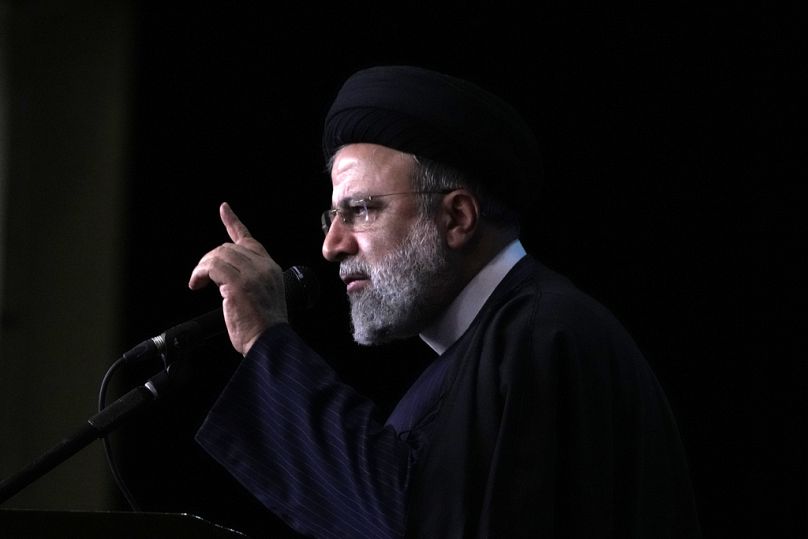
In a tightly controlled vote, Raisi was elected president in 2021.
He arrived in office after then-US President Donald Trump withdrew from the nuclear deal, which eased economically-crippling sanctions in exchange for limits on Iran’s nuclear technology.
Trump’s move in 2018 — which sparked renewed tensions between Washington and Tehran — helped empower Raisi’s hardline camp while weakening his reformist rivals.
While saying he wanted to rejoin the deal, Raisi’s government struck a tough line with Western negotiators and enriched uranium closer than ever to weapons-grade levels.
Talks to revive the deal stalled.
“Sanctions are the US’ new way of war with the nations of the world,” Raisi told the United Nations in September 2021. “The policy of ‘maximum oppression’ is still on. We want nothing more than what is rightfully ours.”
That further escalated tensions with the West, as did Tehran supplying Shahed attack drones to Russia for its war in Ukraine.
Dissent at home
Mass protests swept Iran in 2022 following the death of Mahsa Amini in police custody after she was arrested for allegedly not covering her hair properly — as mandated by Iranian law.
Amini’s family, activists and observers claimed police severely beat her, though the government claimed she had a heart attack.
The following months of nationwide unrest were one of the gravest challenges to Iran’s rulers since the 1979 Islamic Revolution.
With Raisi blasting them as “unacceptable … acts of chaos”, Iranian authorities fiercely cracked down on the demonstrations, killing more than 500 people and detaining some 22,000 others.
Since then, the regime has recently launched a new crackdown on women’s dress codes, which human rights group Amnesty International has described as a “war on women”.
Then came the 2023 Israel-Hamas war.
According to the Wall Street Journal, Tehran helped plot the deadly 7 October attack on southern Israel that sparked the conflict, while Iranian-backed proxies in Lebanon have fired on Israel.
In April, a suspected Israeli airstrike hit an Iranian consulate in Syria — killing a top Iranian commander — and Raisi was at the helm when Tehran launched an extraordinary attack on Israel in retaliation.
Iranian Supreme Leader Khamenei Ali Khamenei appointed Raisi, a former Iranian attorney general, in 2016 to run the Imam Reza charity foundation, which manages a conglomerate of businesses and endowments in Iran.
At this appointment, Khamenei called him a “trustworthy person with high-profile experience.”
That led to analyst speculation that Khamenei could be grooming Raisi as a possible candidate to be Iran’s third-ever supreme leader, a Shiite cleric who has the final say on all state matters and serves as the country’s commander-in-chief.
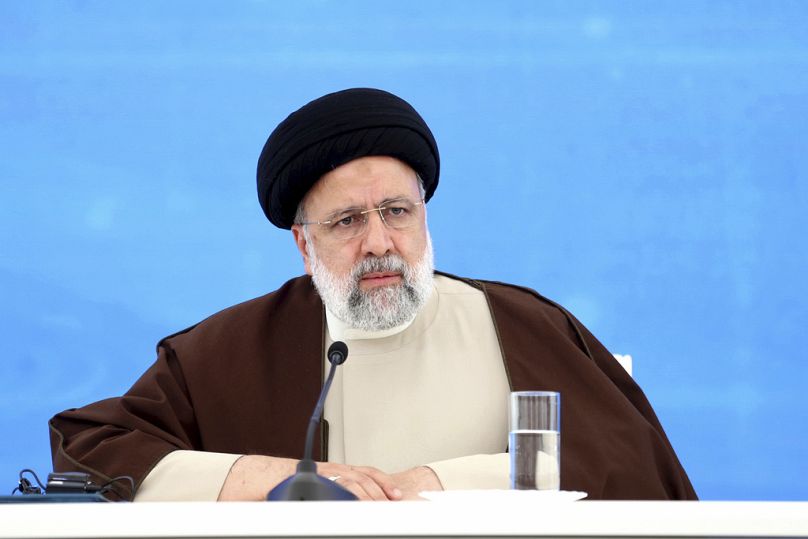
Raisi stood against the relatively moderate then-president Hassan Rouhani in 2017, but he lost this campaign.
The next time around, in 2021, Raisi became the presidential favourite after a panel led by the supreme leader disqualified all other credible challengers.
Raisi bagged 62% of the 28.9 million votes in an election marked by the lowest turnout in the Islamic Republic’s history. Millions stayed home, and others voided ballots, with Human Rights Watch describing the vote as a “sham”.
Still, he could not shake his grim moniker: the “Butcher of Tehran”.
During his presidential campaign in 2016, a tape was leaked of an important cleric talking about Raisi’s role in the mass execution of up to 5,000 political prisoners in 1988.
“I am proud of being a defender of human rights and of people’s security and comfort as a prosecutor wherever I was,” Raisi said when asked at a news conference about his role on the so-called “death commissions”.
In 2019, the US slapped sanctions on Raisi for human rights violations, including for the executions in the 1980s.
Born in Mashhad on 14 December 1960, Raisi came from a family that traces its lineage back to Islam’s Prophet Muhammad, as marked by the black turban he later wore.
His father died when he was 5. Raisi went to the seminary in the Shiite holy city of Qom and later would call himself an ayatollah, a high-ranking Shiite cleric.
He participated in protests against the Western-backed Shah, who was toppled in the 1979 revolution that brought into power the theocratic regime under Ayatollah Ruhollah Khomeini.
Euronews


